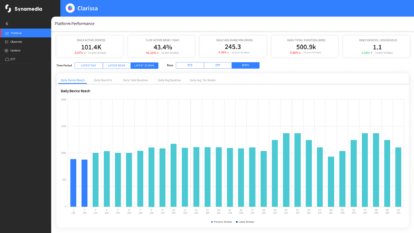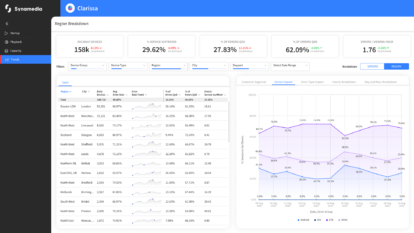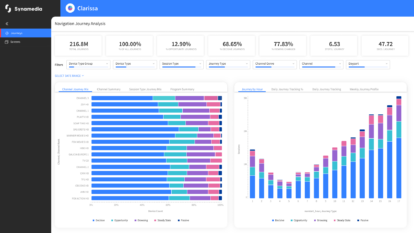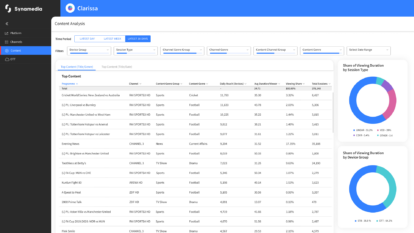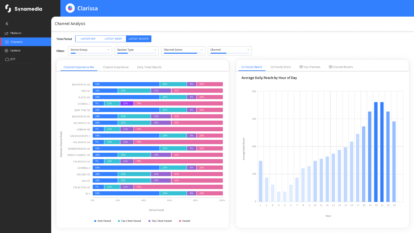Synamedia helps you engage and captivate audiences with rich, live video experiences and add new ways of monetising viewers and content, all while delivering scalable, reliable, pristine picture quality with industry beating latencies.
Curious to find out how?
Come and see for yourself how our award-winning portfolio of cloud native B2B distribution, D2C streaming, and IP network optimisation solutions can handle all the video nitty gritty while you focus on securing the fastest economic return.
Quortex Link and Quortex Play, our pay-as-you-use self-service SaaS solutions for distribution and streaming, cut costs and energy by consuming cloud resources only when required. Quortex PowerVu, for cast-iron secure primary distribution, delivers the lowest end-to-end latency in the industry. We’ll also have familiar favourites including vDCM and our cloud DVR solution to show you, as well as our hybrid CDN for seamless scalability and AI-based traffic management.
Whether you want to optimise your workflows, monetise eyeballs with creative techniques, distribute content more effectively, make your disaster recovery watertight, and reduce TCO, we can deliver for you.
You will find us on our regional partner Magna Systems’ stand.
To register for the event for free, click here.
Fill out the form below to book a meeting:



